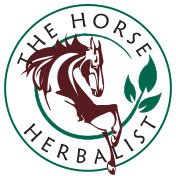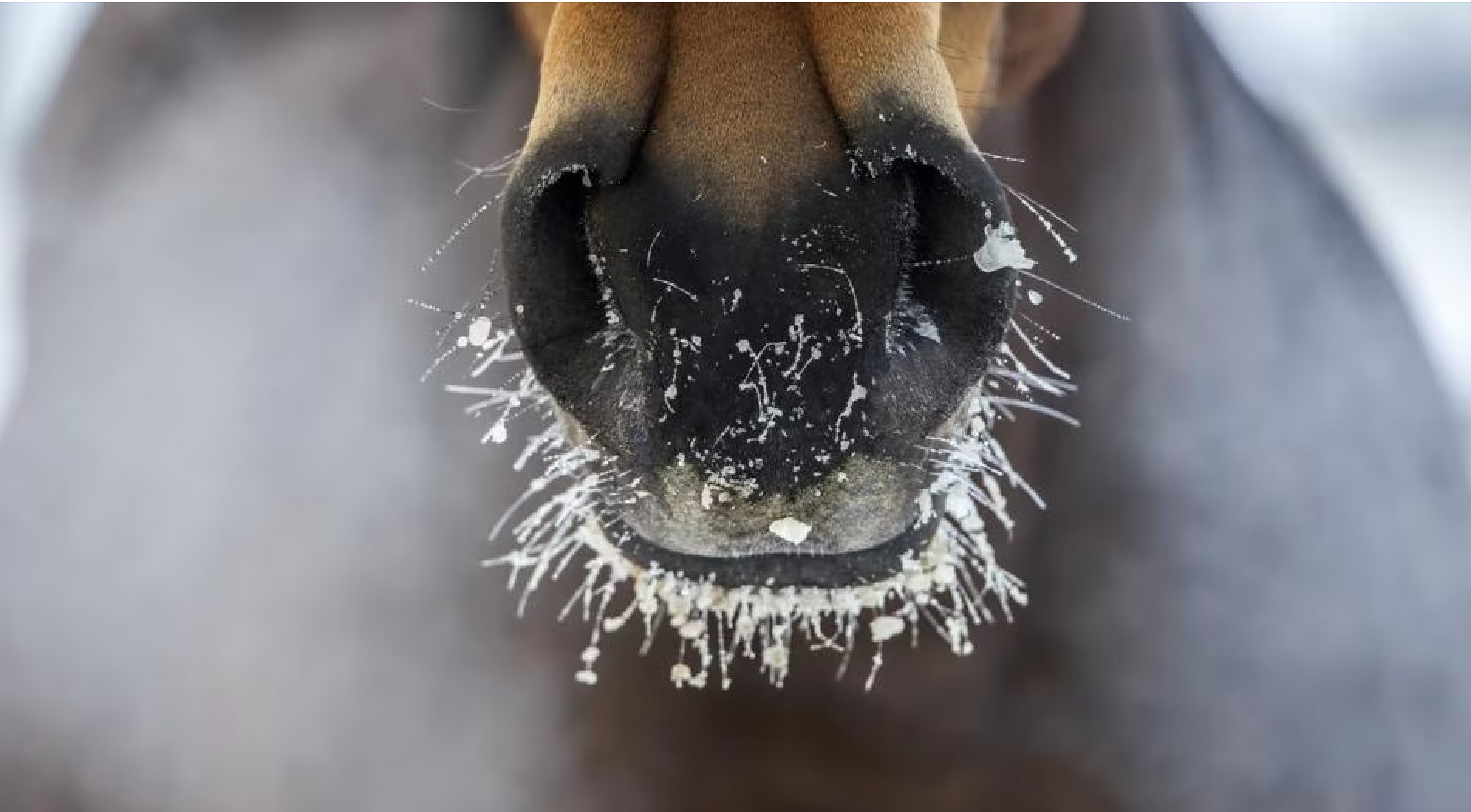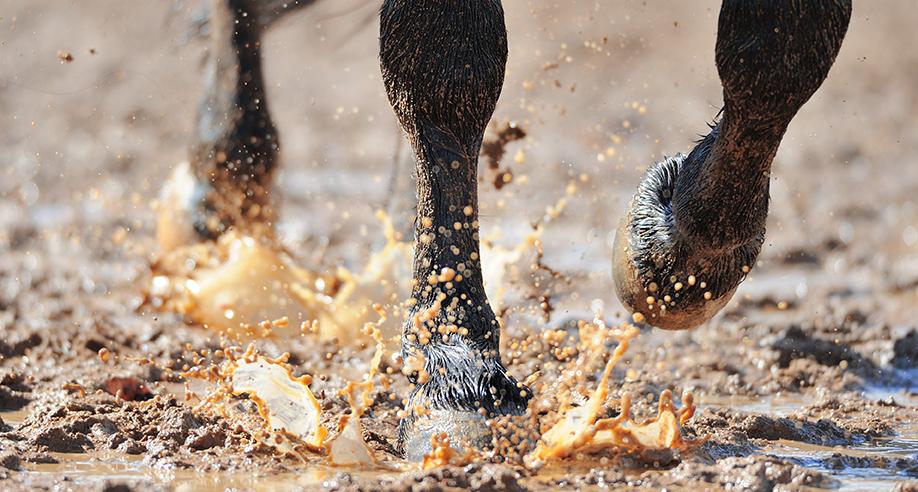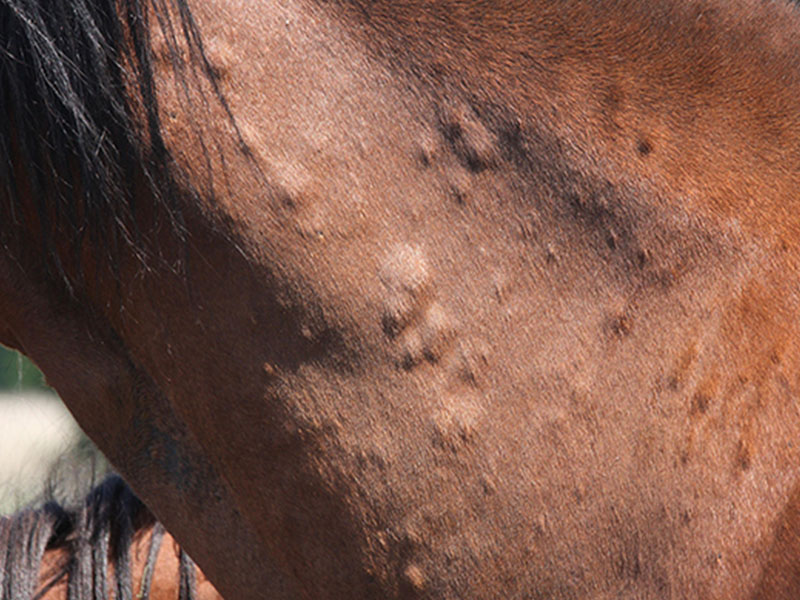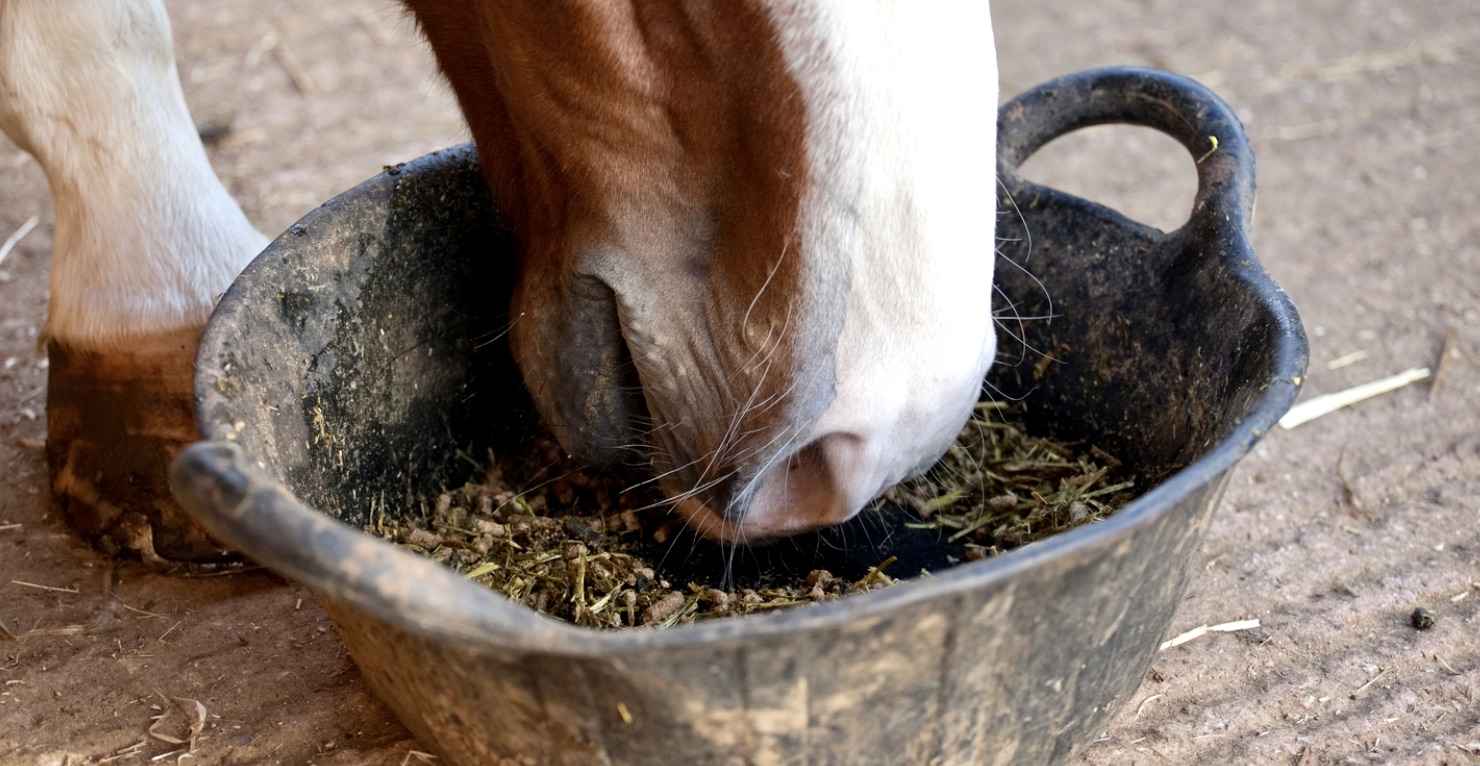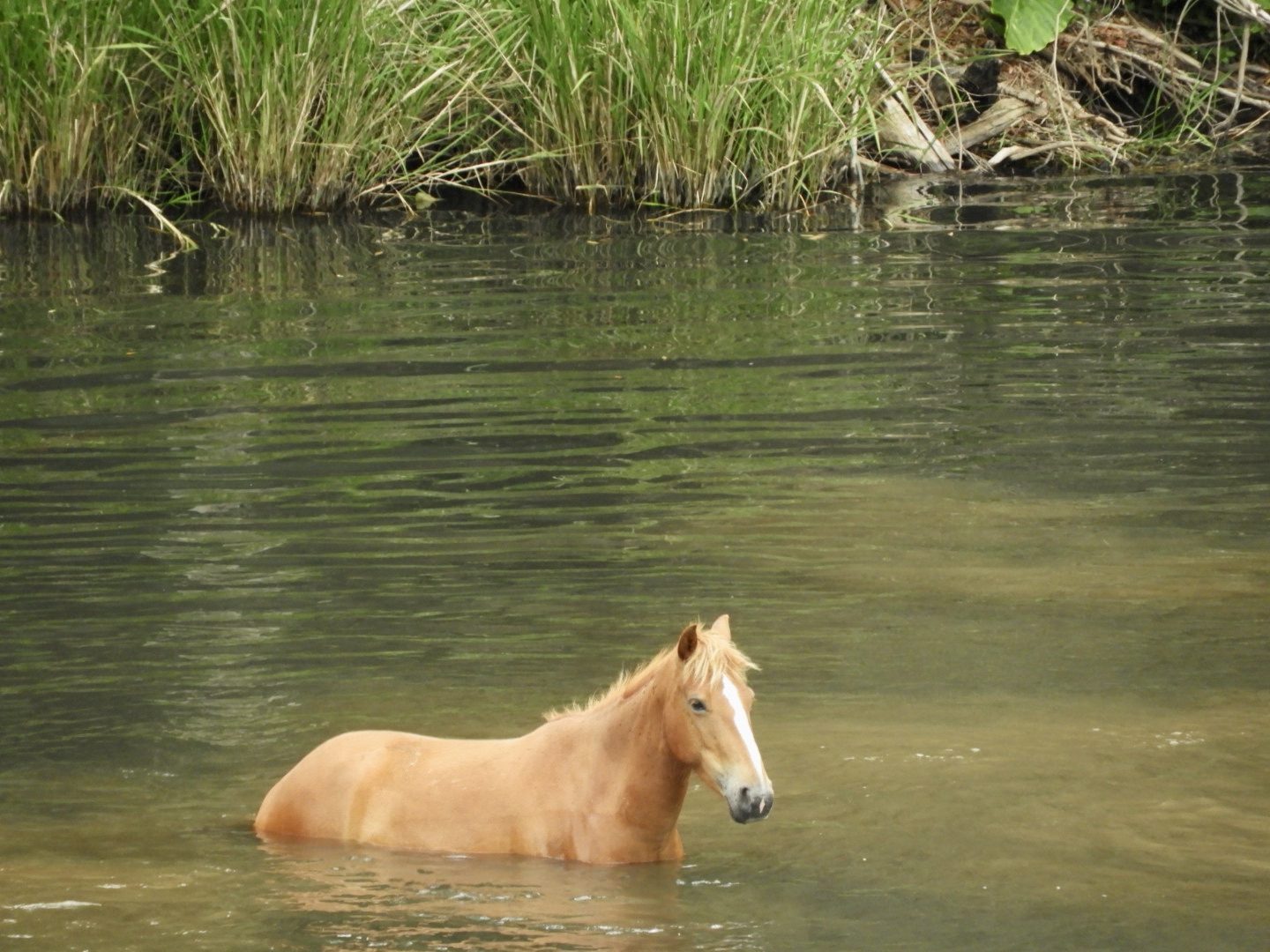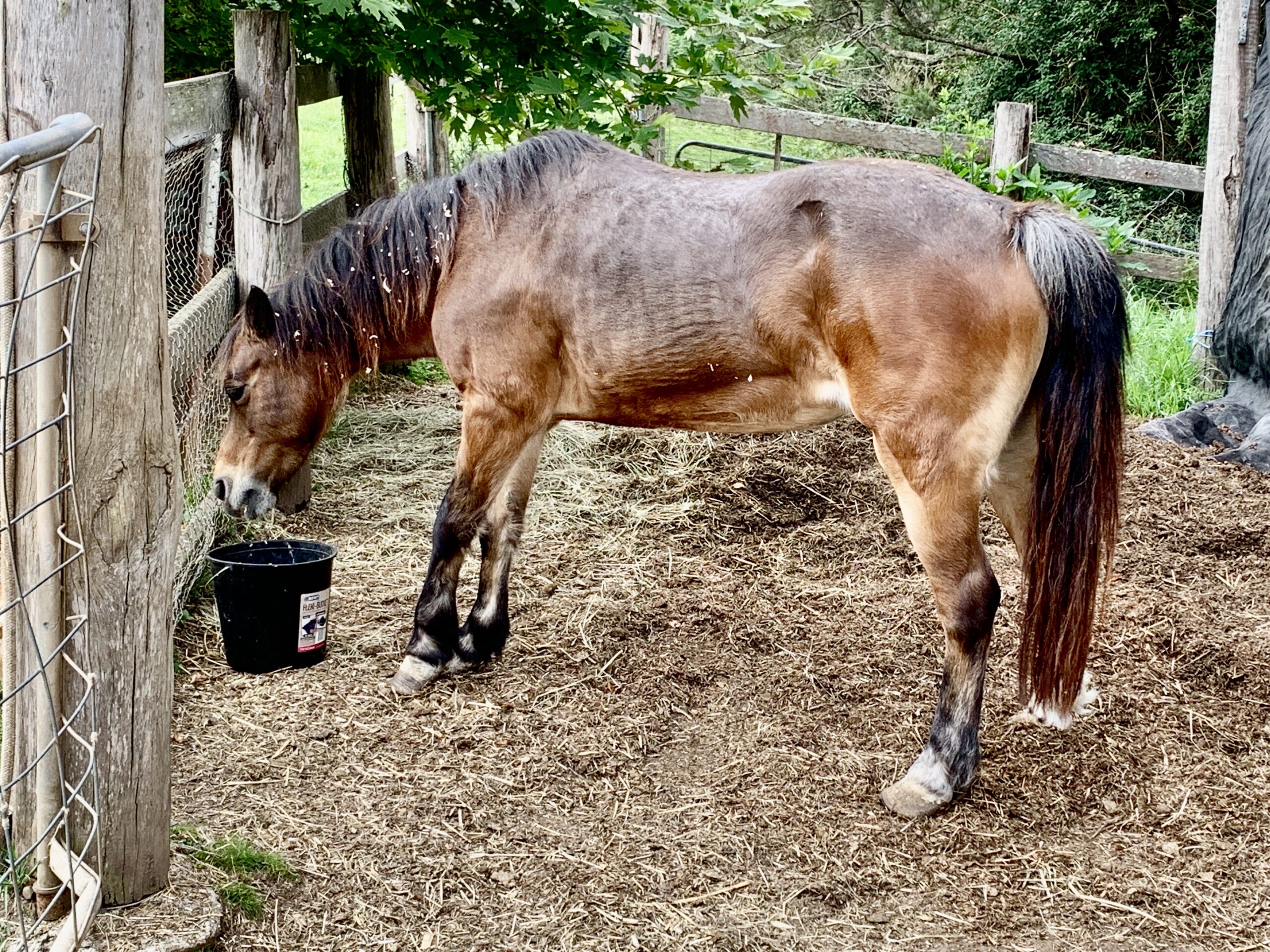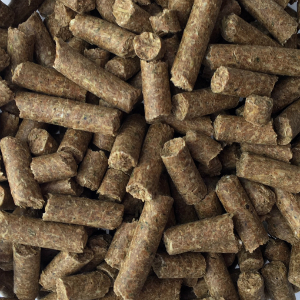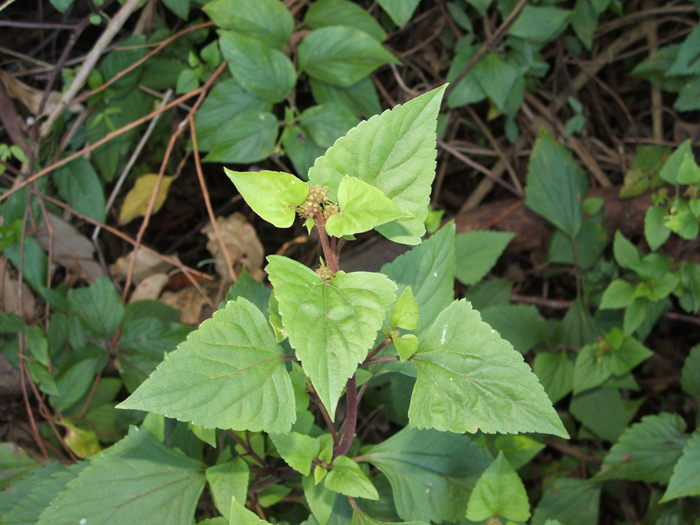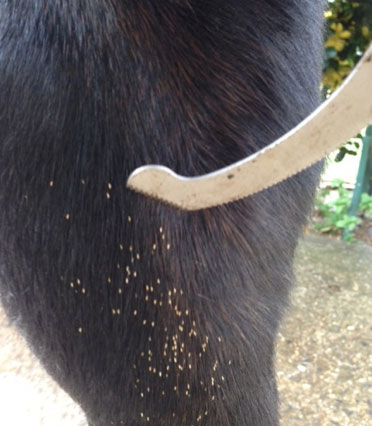To Rug or Not to Rug?
A Winter Dilemma Interrogated As the temperatures drop and winter creeps in, horse owners face the seasonal question: Should I rug my horse? Like many things in holistic horse care, the answer depends on multiple factors, from your horse’s breed and coat condition to their health, workload, and environment. At The Horse Herbalist, we believe that nature’s wisdom combined with thoughtful management offers the best path. Let's explore the pros and cons of rugging, so you can make an informed, horse-centred decision this winter. The Pros of Rugging Protection Against Wet and Windy Weather While horses have a remarkable natural coat, constant exposure to cold rain and strong winds can chill even the hardiest.
Managing hooves in wet, muddy conditions
At any given time, half of Australia is drought struck, the other flood bound. Horses hooves cope with protracted dry conditions a lot better than prolonged exposure to wet, muddy ground which can lead to problems such as thrush, abscesses, and soft soles. Here’s how to keep your horse’s hooves healthy through seasons of rain and flooding: Access to Dry Areas While mud may be unavoidable in some places, it's crucial to provide dry areas for your horse to stand on. Use gravel, shavings, or sand in high-traffic areas like gateways and feeding areas. Provide shelter or dry standing areas with rubber mats or
How to help Horses with Hives
If you've noticed your horse or other horses in the stables or paddocks suddenly breaking out in hives, you're not alone. An unusually high number of horses are developing these raised welts on their skin. While hives in horses aren’t unusual, the spike in cases recently has many horse owners concerned. This article will delve into the causes, treatment options, and preventative measures for hives in horses. What Are Hives in Horses? Hives, or "urticaria," are an immune response that results in raised, swollen, and sometimes itchy patches on the skin. In horses, these can vary in size from tiny bumps to larger patches
Are we giving our horses too many supplements?
Over recent years, the equine industry has seen a significant rise in the use of dietary supplements for horses. While most horse owners aim to optimise their horses' health and performance, it’s crucial to understand when and why to incorporate these supplements into their diets. Over-supplementation can lead to adverse effects so we need to understand the implications of this trend. The Rise of Supplements in Equine Nutrition The popularity of supplements in horse care has skyrocketed, with a vast array of products available from all over the world on the market. Particularly concerning is the multitudes of products aimed at supporting the gastrointestinal
The Use of Omeprazole in Horses (gastric & duodenal ulcers)
Omeprazole is used to treat gastric and duodenal ulcers. Omeprazole brands include: Ulcerguard, Omeguard, Gastroguard, Gastropell, Equesta Equine Granules and more. ALWAYS check the ingredients list of any supplements you are buying for your horse. Gastric ulcers (EGUS) in the nonglandular squamous mucosa and glandular mucosa are common in horses involved in competition. Risk factors include intense exercise and dietary factors, such as high concentrate diets and periods of food restriction. Gastric ulcers should be suspected if the horse shows one or more of the following signs: Unwillingness to perform as usual, including resistance to riding aids. Picky appetite. Transient colic signs directly after feeding,
Help your Horse Beat the Heat
With record breaking temperatures all over Australia and the Climate Crisis increasing, we need to know all the ways we can keep our horses as cool as possible: HOW TO BEAT THE HEAT: Ensure there is good shade and airflow available throughout the day, whether natural or manufactured. Tarps and shade sails can offer respite - whether strung up or draped. If the horses are in stables or barns, use misters or fans. Work as early in the day as possible or later in the evening if the temperature has dropped. After work, or if the horse is hot in the paddock, hose down with
Laminitis – Be Prepared & Act Fast!
Laminitis or Founder is the most cruel of conditions sustained by some unfortunate horses and ponies. Imagine the pain if your feet were disintegrating so you were forced to walk on your ankle bones. There are many easily accessible articles on the physiology of laminitis, the healing power of ice and what to feed a Laminitic horse - like Dr Jennifer Stewart’s brilliant article here, originally published in Hoofbeats Magazine. Despite the dry winter in many parts of the country, there will be flushes of new Spring growth in the paddocks or you may have short frosted grasses, which are also high in fructans.
Horses are Herbivores (what’s in your feed?)
Horses are herbivores, aren’t they? So why are we feeding products and supplements which go against the Law of Nature? Horses are pure herbivores – their bodies are designed to eat plant material only. The herbivore species have flat grinding teeth and a very long digestive system specifically designed to break down tough cellulose fibre in plants. Horses have jaws which move sideways enabling grinding of plant material in the oral cavity – digestion begins here. Once the food is reduced in size and thoroughly mixed with saliva it’s swallowed, travels down the oesophagus into the stomach. Horses are ill equipped to cope with the
Crofton Weed kills Horses
Crofton weed - ( Ageratina adenophora) is beating the cane toads in it’s march south down the East Coast of Australia. It’s also now prevalent in all other states of Australia. This plant, a native of Mexico, loves conditions in Australia and like the cane toad it has no natural predators here. Biological controls have had limited success to date and funding for research is minimal. Crofton weed is an erect, multi stemmed perennial plant which grows to 150cm in height. It’s extremely hardly, it layers itself and will sprout from any tiny piece of root left in the ground. It relishes poor soil
Why Worm?
I recently came across this excellent newsletter from Victoria Ferguson, and asked to share it here as you should all have a read as it contains such important information for you. Victoria has been researching herbal worming programs for many years so it’s exciting that the resulting information is now available to all horse owners. Thankyou to Victoria for giving me permission to share her information here as a guest blog post. - Angela. Kim Dawson is an expert on equine worms. We are now offering worming programs with faecal counts and advice on treatment. In this newsletter.TEST BEFORE YOU TREAT –
